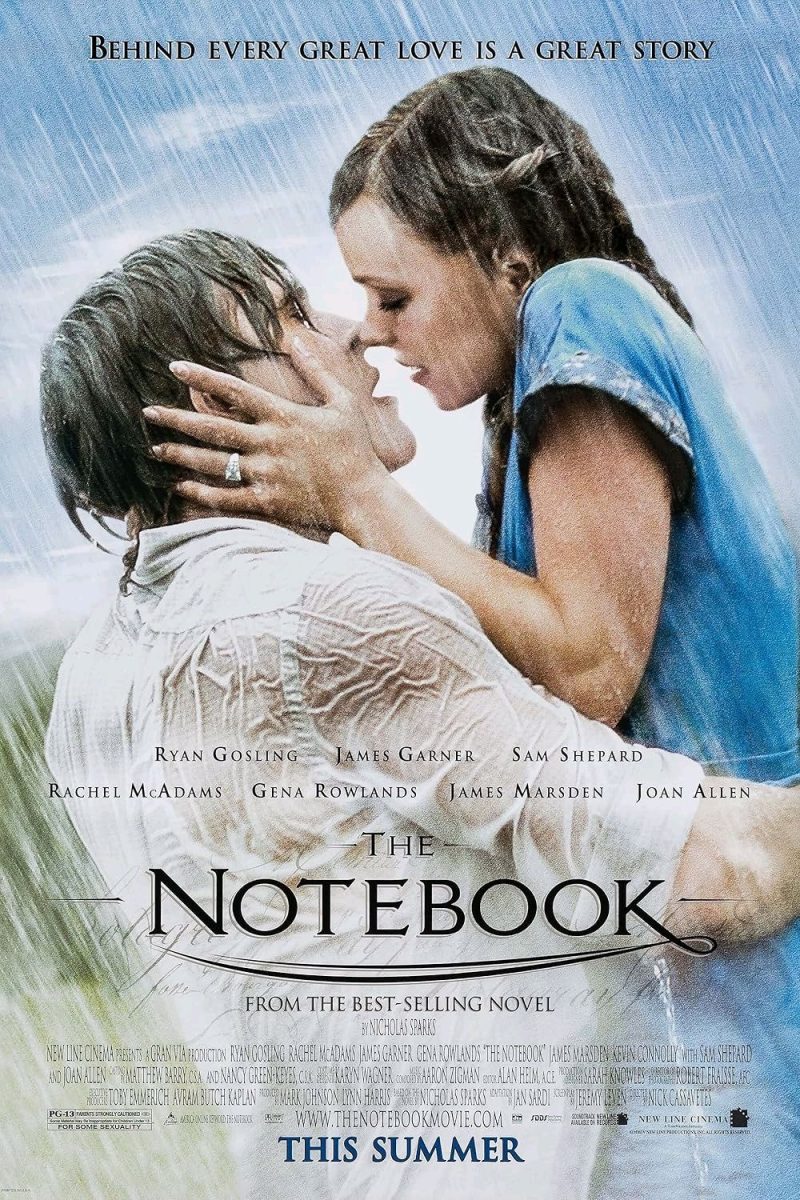When I walked into the theater to see Superman (2025), I went in expecting just another superhero blockbuster. Maybe there would be a flashy fight or two, but nothing I hadn’t seen before. But, I was shocked to leave the theater with what I can only describe as my new favorite take on the Man of Steel, and I accredit it all to one exchange that left me floored.
“Lois: ‘My point is I question everything and everyone. You trust everyone and think everyone you ever met is, like…beautiful.’
Clark: ‘Maybe that’s the real punk rock.’”
That was the moment that it clicked for me. This wasn’t just another Superman. This was my Superman: the one who sees the good in everyone, who believes people are worth saving, who protects the world not out of obligation but out of love. In the modern era where cynicism and distrust have become worryingly commonplace, James Gunn, the director, creates a Superman who reclaims the hearts of viewers in the strangest way I’ve ever seen. On paper, the line sounds corny, yet, its delivery finds you with a certain brand of sincerity that makes you truly believe it.
Back in the 1970s, punk rock culture was all about tearing down the system, rejecting authority, channeling anger into rebellion, and ultimately “sticking it to the man.” But in Gunn’s film, that same spirit of rebellion takes a completely new form. In today’s world fear dominates our everyday lives and anger feels like everyone’s default setting we stand divided.
Superman choosing to see people as inherently good and always choosing kindness, feels just as punk rock and anti-establishment as smashing a guitar on stage was. Superman’s new form of punk demonstrates a new way to refuse modern cynicism that isn’t just inspiring, but a completely new form of counterculture.
This is why the characters’ exchange works so well. Lois, played by Rachel Brosnan, dismisses Clark’s taste as “radio pop garbage,” but they’re not just discussing music, it’s all a deeper metaphor for how differently Lois and Clark view the world. Clark has seen just as many terrible things as Lois, and yet still chooses to give everyone the benefit of the doubt.
In the greater context of the movie, their playful back and forth about music is, in reality, their philosophical views of people.
David Corenswet, the actor who plays Clark Kent/Superman, embodies that sense of childhood innocence in a way that is refreshing. Kids are born with inherent trust in everyone, and their cynical world views are only inherited with time. In this movie, Clark is childlike in his nature, he trusts indiscriminately and he loves everyone. But unlike a child, it’s not out of blissful ignorance; it’s an understanding of people at their worst, and still choosing hope anyway.
And maybe that’s why the superhero genre has always been targeted towards kids. They just believe. Adults have to suspend their disbelief to enjoy works of fiction, but kids? There’s no disbelief to suspend. But sitting in that chair in theaters, I remembered and for a moment, I just believed.
This is what sets Superman apart from other heroes. Most superheroes are defined by their trauma, their anger, or their moral ambiguity. Batman is fueled by vengeance, Iron Man by guilt, and Deadpool by sarcasm. But what makes Superman special is the fact that his story doesn’t appeal to our dark sides. As a matter of fact, it’s the opposite: it’s joy, it’s hope, it’s trust. Superman can always win with his fists, but it’s not his ability to out-punch the rest that makes him stand out in a crowd, it’s the fact that he knows when to fight, and what to fight for.
Call it cliché, call it cheesy, call it what you’d like. But this Superman isn’t another broody loner like the Snyderverse (director Zack Snyder’s extended DC Universe), this Superman felt warm and familiar, like a friend that you haven’t seen in a while. And this is no poor design by Snyder, it’s simply two drastically different takes from two drastically different writers as to how Superman, a character originally made in the 1930s, to inspire a generation of people going through the Great Depression, could be modernized almost a century later. While Snyder uses Christ allegories and has Superman question whether or not the world is worth saving as a way of bringing Superman into the modern world, Gunn modernized him by doing the opposite. He reminds everyone that kindness and love aren’t cheesy relics of an older time, but to look for them when we devalue them most. Gunn shows to an entire new generation of fans that the act of caring can be, in its own way, rebellious.
This Superman doesn’t challenge us to wrestle for status and godhood like other iterations of Superman did. He challenges us in a much harder way. He asks us, not as individuals, but as a society of disgruntled people, forced together onto the same ball of dirt, to put aside our differences and do one thing: be kind. And in today’s world where it feels easier to be angry than kind,
Superman is asking us to take the hard path, and maybe that’s the real punk rock.







